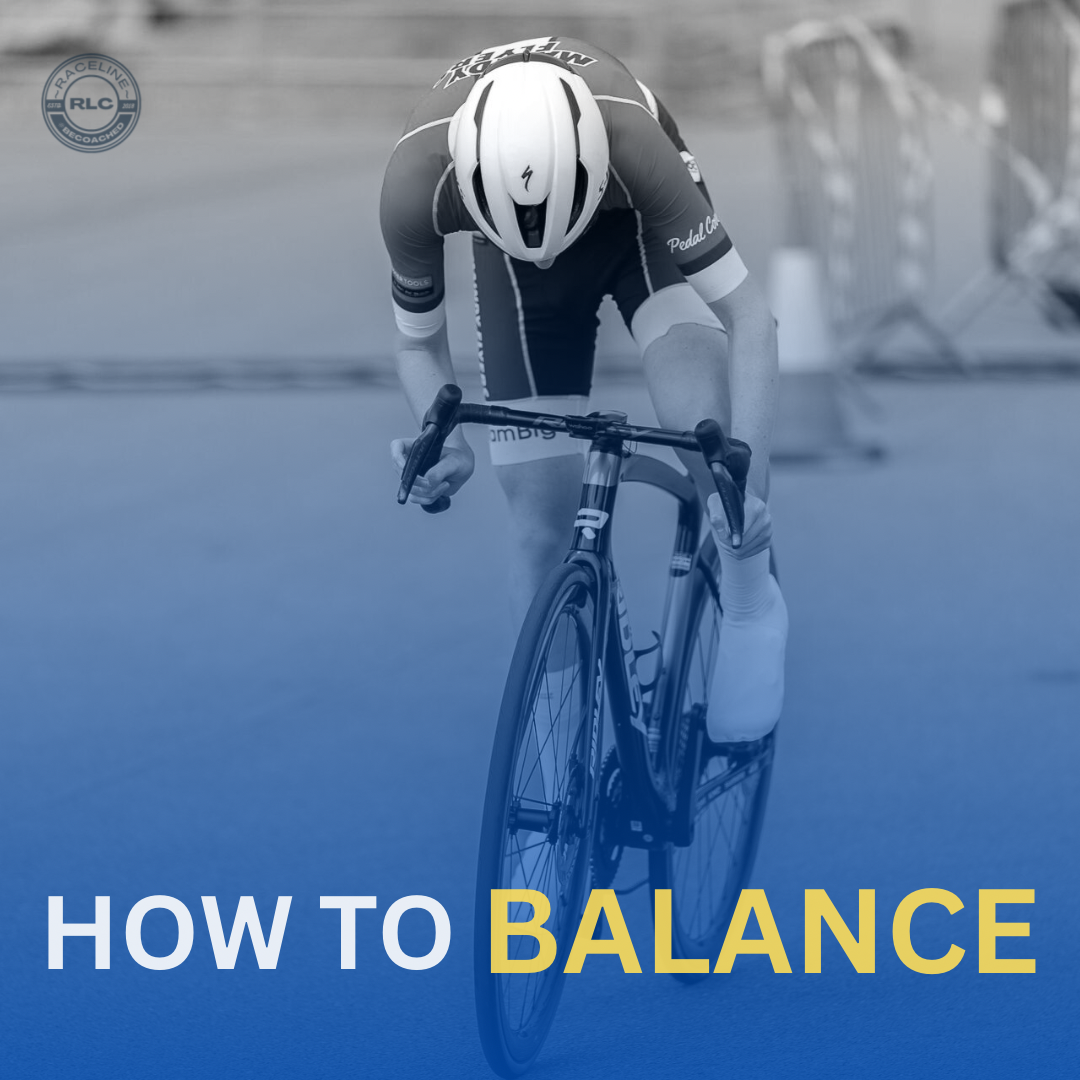How to Balance Racing, Training, and Recovery in Cycling
For cyclists chasing performance, the biggest challenge isn’t just training harder — it’s learning how to balance racing, training, and recovery. In 2026, when events are more competitive, training plans are more data-driven, and recovery is finally recognised as performance’s equal partner, this balance has never been more important.
Whether you’re guided by a cycling coach in the UK, an online cycling coach in the USA, or self-managing your program, finding this equilibrium is the key to consistent progress. Let’s explore how to master it.
A wide variety of sessions provided that don't feel too repetitive and keeps you focused. Very understanding of life outside of training and good training ethos that's easy to balance round work/family. Also very easy to contact, quick response.
1. Why Balance Matters in Cycling
Many cyclists fall into one of two traps:
Overtraining: piling on training load, racing too often, and never giving the body time to adapt.
Undertraining: not applying enough stimulus between races, leading to stagnation and lack of progress.
A skilled cycling coach ensures you avoid both by programming the right mix of intensity, volume, and rest. This is the difference between peaking at the right time versus burning out mid-season.
2. Training: Structure Beats Volume
Training needs to be specific, progressive, and sustainable. The key is not just riding long hours but targeting the right zones at the right time:
Base Training (Zone 2–3): Builds endurance and aerobic efficiency.
Race-Specific Intervals (Zone 4–6): Increases FTP, VO₂max, and sprint power.
Skills & Technique: Cornering, bike handling, and group dynamics for racing.
Cycling coaching transforms these elements into a periodised plan, adjusting based on your race calendar, fitness markers, and recovery.
3. Racing: The Double-Edged Sword
Racing itself can be one of the best forms of training — but also the most fatiguing. Each event demands intensity spikes beyond structured training, and adrenaline often pushes riders past their limits.
A cycling coach helps you use races wisely:
Treating smaller races as “training races” to sharpen race craft.
Prioritising key events while avoiding the trap of racing every weekend.
Managing taper and recovery around A-races for peak performance.
Without this balance, frequent racing can sabotage long-term gains.
4. Recovery: The Forgotten Training Block
In cycling, recovery is training. Muscles adapt, grow, and repair between rides — not during them. Yet, many cyclists undervalue rest.
Effective recovery includes:
Sleep: 7–9 hours minimum for adaptation.
Nutrition: Protein for repair, carbs to replenish glycogen, and micronutrients for immune function.
Active Recovery: Low-intensity rides (Zone 1–2) to promote blood flow.
Mental Reset: Avoiding training guilt on rest days to prevent burnout.
In 2026, cycling coaching has shifted heavily toward recovery science, using HRV tracking, sleep monitoring, and readiness scores to plan training loads more precisely.
5. The Role of a Cycling Coach
Balancing racing, training, and recovery is not a one-size-fits-all formula. It requires constant adaptation to:
Work and family life
Travel demands
Unexpected illness or fatigue
Changing race priorities
This is why a cycling coach is so valuable:
They read your data and adjust training in real time.
They hold you back when you want to push too hard.
They build recovery blocks into your program, even when you resist them.
Whether you’re working with a cycling coach UK, an online cycling coach in the USA, or connecting with a coach worldwide, this guidance ensures you stay consistent, motivated, and injury-free.
6. Practical Tips for Cyclists
Here are strategies every rider can use to achieve balance:
Plan Your Season: Identify A, B, and C races early, and build training around them.
Use a Training Calendar: Schedule recovery weeks every 3–5 weeks.
Listen to Your Body: Don’t ignore fatigue, illness, or declining performance.
Embrace Flexibility: Training plans should adapt, not stay rigid.
Trust the Process: Gains come from a cycle of stress + recovery, not endless volume.
Final Thoughts
Balancing racing, training, and recovery is the art of cycling success. Too much racing without recovery leads to exhaustion. Too much training without balance causes injury. And too much recovery without intensity stalls progress.
This is where cycling coaching becomes a game-changer. A coach helps you periodise your training, select races wisely, and recover effectively — so every pedal stroke counts.
👉 If you want to perform at your best in 2026, don’t leave it to chance. Work with a professional cycling coach and discover the perfect balance between training, racing, and recovery.






